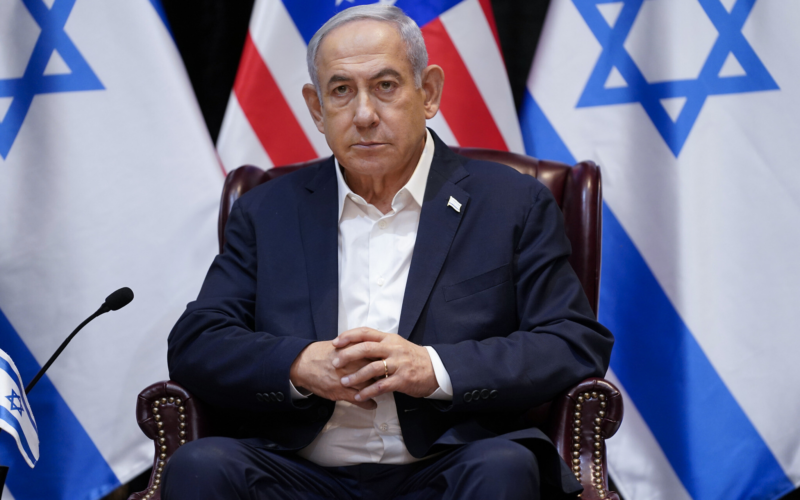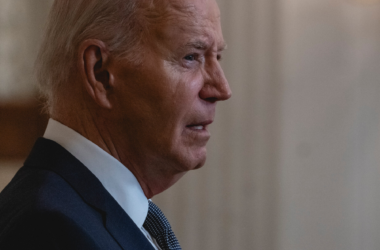Prime Minister Benjamin Netanyahu’s recent opposition to a permanent cease-fire with Hamas has raised concerns and dampened optimism for a truce in Gaza.
Background
Prime Minister Benjamin Netanyahu’s remarks against a permanent cease-fire with Hamas have stirred controversy in Israel and complicated ongoing negotiations aimed at securing a truce. His statement came at a critical juncture, just as there appeared to be a glimmer of hope for a deal that could lead to the release of Israeli hostages held in Gaza.
Current Negotiations
Negotiations resumed on Monday in Cairo with Israeli officials and were mediated by the Egyptian government. This follows renewed optimism last week when Hamas showed increased flexibility on crucial issues. The potential deal would involve Hamas agreeing to a permanent cease-fire in exchange for releasing some of the roughly 120 Israeli hostages still held in Gaza.
Talks had gained momentum recently, with Israeli negotiators traveling to Qatar, another key mediator, suggesting a possible breakthrough. However, Netanyahu’s reaffirmation on Sunday night that Israel would continue its military campaign until Hamas’s military and governing capabilities were dismantled, has cast doubt on reaching a compromise.
Netanyahu’s Statement and Criticism
Netanyahu’s insistence that any cease-fire agreement would allow Israel to resume military action to achieve its war objectives has been seen as a significant barrier to a long-term truce. Critics argue that this stance jeopardizes the delicate negotiations aimed at securing a cease-fire and the release of the hostages.
Opposition leader Yair Lapid criticized Netanyahu’s timing, arguing that his provocative statements risk derailing the fragile negotiation process. “We’re at a critical moment in the negotiations. The lives of the hostages depend on them. Why issue such provocative statements?” Lapid wrote on social media.
Political Dynamics
Analysts suggest that Netanyahu’s position reflects his struggle to balance between securing the release of the hostages and maintaining his political coalition, which includes ultranationalist and ultrareligious parties that oppose any deal leaving Hamas in power. Netanyahu’s critics, like Ben Caspit, a biographer and vocal critic, believe that his reluctance to agree to a hostage release deal stems from concerns over the stability of his coalition. Caspit argues that Netanyahu prioritizes the coalition’s survival over the lives of the hostages, fearing a deal might lead to early elections that could threaten his political future.
On the other hand, some supporters of Netanyahu, such as former strategist Nadav Shtrauchler, view his approach as a strategic maneuver. They suggest that by maintaining a firm stance, Netanyahu aims to exert more pressure on Hamas through ongoing military operations, potentially extracting more significant concessions in the negotiations.
Outlook and Challenges
The situation remains fluid, with ongoing military operations in Gaza and continued diplomatic efforts to reach a cease-fire. The complexity of the negotiations is further compounded by internal Israeli politics and the varying objectives of the parties involved. While Netanyahu’s firm stance may be a negotiating tactic, it also underscores the delicate balance he must maintain to uphold his coalition while addressing the immediate humanitarian concerns.
As the negotiations continue, the focus remains on achieving a sustainable cease-fire and resolving the hostage crisis, amidst an increasingly challenging political and military landscape.








